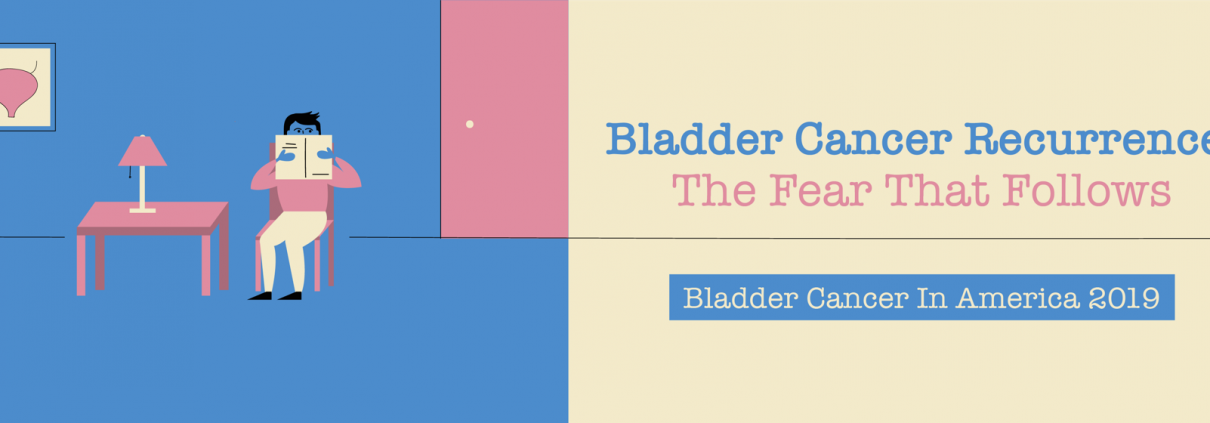The Value of Patient Perspectives in Answering Key Business Questions
Published March 1st, 2024 | 3 Minute Read
Patient input is vital from a commercial, research, and clinical perspective. They alone are the experts in their experience with a given condition. Enhanced understanding of the patient experience can help ensure that communications are clear and relevant to the target audience to help identify and drive patient-centered solutions and care strategies.
For over a decade, Health Union has regularly fielded condition-specific surveys within its growing portfolio of online health communities to bring the voice of the patient to the forefront. These surveys have collected thousands of responses from patients and caregivers living with a range of chronic and complex conditions. They have become deeply valuable sources – to both Health Union and industry partners – of timely, relevant, patient-reported data that offer genuine insight into the patient experience.
In recent years, Health Union’s syndicated offerings have expanded to better meet client needs, ranging from high-level reports for clients seeking condition overviews or specific data points to comprehensive reports that take an in-depth look at the patient experience. Core components of Health Union’s syndicated program include:
 In America, an annual IRB-approved survey that collects condition-specific feedback from over 30,000 respondents, across 50 conditions. This streamlined survey provides high-level insights into condition impact as well as treatment awareness, use, and satisfaction and offers an opportunity to examine similarities and differences across conditions.
In America, an annual IRB-approved survey that collects condition-specific feedback from over 30,000 respondents, across 50 conditions. This streamlined survey provides high-level insights into condition impact as well as treatment awareness, use, and satisfaction and offers an opportunity to examine similarities and differences across conditions.
 Patient Experience, a condition-specific, in-depth, IRB-approved research program, that focuses on quality of life, unmet needs, HCP dynamics and relationship, disease burden, treatment awareness, and treatment experiences — with quota-sampling to better represent important subgroups.
Patient Experience, a condition-specific, in-depth, IRB-approved research program, that focuses on quality of life, unmet needs, HCP dynamics and relationship, disease burden, treatment awareness, and treatment experiences — with quota-sampling to better represent important subgroups.
These core components mean that Health Union can now better help clients:
- Understand condition-specific patient journeys
- Validate target patient profiles (in terms of demographics, disease burden, treatment experiences, and information-seeking)
- Construct brand user profiles and how they compare to others using a competing product
- Explore varied condition experiences and the changes that occur according to line of therapy or disease stage
- Augment situation analyses and/or RWE or HEOR-related analyses
Health Union’s syndicated research harnesses patient driven insights to help brands develop foundational knowledge from the patient perspective.
Want to know if Health Union offers syndicated reports in a specific condition? The full range of available and upcoming research reports can be found here.
Interested in learning more? We invite you to fill out the form below.
Related Articles
Survey Finds Early Endometriosis Diagnosis After Initial Symptoms Improves Treatment Approach, Quality of Life
Results from Endometriosis In America 2018, a national survey by Health Union, LLC of people impacted by the condition, contribute to the notion that an early diagnosis after initial symptoms are experienced can help to improve quality of life and provide greater awareness of symptoms.
Differences in DMT treatment experiences among people with MS: Here’s what patients say
For many people living with multiple sclerosis (MS), treatment decisions can often be nuanced and complicated. In April of 2018, the American Academy of Neurology (AAN) released new guidelines about when to begin, change, and end disease-modifying therapies (DMTs) for MS patients. MS In America 2018 results may help the healthcare industry gain a broader understanding of people’s experiences, or lack thereof, with DMTs and other MS treatment options.
Survey Finds ‘Scanxiety’ Is Common Challenge for Lung Cancer Patients
Living with lung cancer is accompanied by a considerable level of anxiety, with 86 percent of respondents reporting at least a little bit of anxiety on any given day. However, what is often referred to as “scanxiety” – the anxiety, fear and worry associated with scans, specifically before the results are revealed – can exacerbate those feelings. Of those who experience scanxiety, three-quarters reported either “more” or “a lot more” anxiety around the time of scans than at other times.
Related Articles
Females with Bladder Cancer Receive Less Support Than Men
Survey shows males with bladder cancer are more likely to receive various types of condition management support than females with bladder cancer.
HCPs Important Factor for Clinical Trial Participation
Healthcare professionals can be influential in a patient’s clinical trial participation, but the impact is more nuanced and multifaceted.
WHITEPAPER: Patient Interest and Participation in Clinical Trials
Health Union compiled data from more than 21,000 respondents to examine factors involved in patients’ interest and participation in clinical research.







